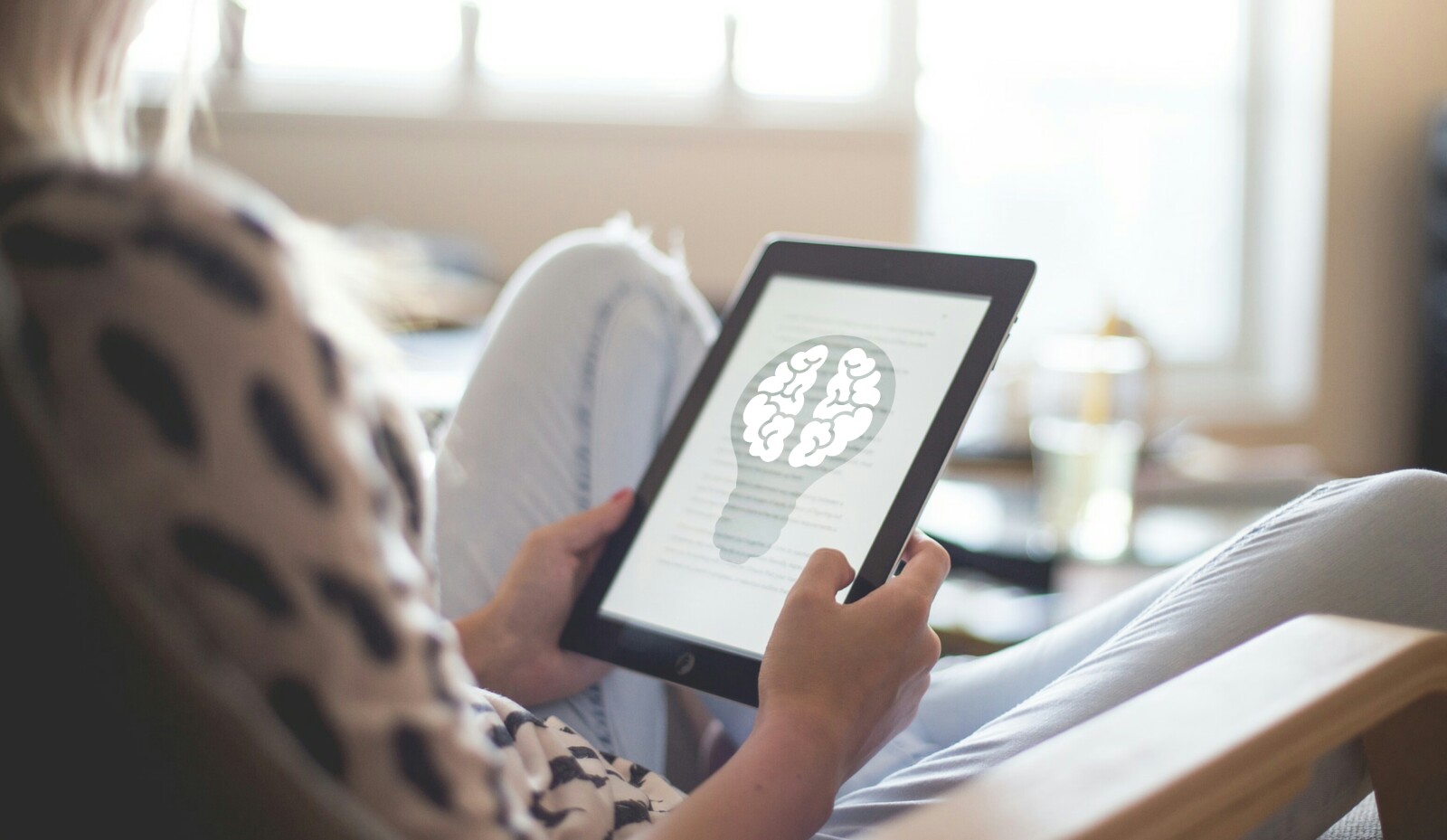Incredible Resources to Support Brain Injury Recovery
This article serves as a comprehensive guide to resources for brain injury recovery. Covering supportive organizations, research institutions, educational platforms, and legal considerations, it aims to empower those affected by brain injuries and their caregivers. Alongside coping strategies and preventive measures, this piece is designed to provide valuable insights into the complex journey towards recovery, ultimately supporting the creation of an informed, empowered community able to navigate the challenges of brain injury rehabilitation.

Key Takeaways
- There are numerous organizations and resources available to support brain injury recovery, such as Brain Line, Brain Injury Association of America, and Center for Parent Information and Resources.
- Research organizations like Brain Trauma Foundation, NICHD, and NARIC are dedicated to studying the causes, prevention, and treatment of brain injuries.
- Educational resources from CDC's Heads Up Resource Center, NINDS, and Brain Line provide valuable information on traumatic brain injuries and concussions.
- Legal considerations should be taken into account in brain injury cases, including consulting with an attorney specializing in personal injury law and being aware of statutes of limitations.
Understanding Brain Injury: Basics and Beyond
In our current discussion on 'Understanding Brain Injury: Basics and Beyond', we will delve into the exploration of over fifteen vital resources and organizations dedicated to providing support, rehabilitation services, and in-depth information on brain injury. Emphasizing the importance of early intervention in brain injury recovery, these resources offer comprehensive insights into the latest brain injury rehabilitation techniques. They also highlight the significant role of individualized, holistic approaches in rehabilitation, addressing the physical, cognitive, and emotional aspects of recovery. Furthermore, these organizations underline the profound impact of a supportive community, advocating for improved understanding and inclusivity. The wealth of information they provide not only aids in the practical management of brain injury but also contributes to the ongoing conversation around this critical health issue.
Key Organizations Offering Brain Injury Support
Regularly, patients and their families turn to key organizations for brain injury support, and these entities often provide essential resources, guidance, and advocacy to help navigate the complex journey of recovery. Their invaluable role in brain injury advocacy ensures that the specific needs of survivors are recognized and addressed. Organizations such as the Brain Injury Association of America and the Brain Trauma Foundation offer comprehensive support services, from educational materials to research advancements. Specific focus is given to pediatric concussions, acknowledging the unique challenges faced by younger patients. The Center for Parent Information and Resources, for example, provides crucial advice for parents and teachers. Ultimately, these organizations bridge the gap between medical treatment and everyday life, fostering resilience and hope in the face of adversity.
The Role of Research in Brain Injury Recovery
Scientific advancements, a critical compound noun in this context, have underscored the role of research in providing innovative therapeutic approaches for brain injury recovery. Indeed, research has been instrumental in unveiling new methodologies that have significantly improved the outcomes of brain injury treatment. It has led to the development of rehabilitation strategies that are tailor-made to cater to individual needs, thus ensuring more effective recuperation. The progress in research has also fostered an empathetic understanding of the challenges faced by individuals recovering from brain injuries, thereby facilitating more supportive care. Concurrently, it has provided a foundation for advancements in brain injury treatment that are not just innovative, but also holistic, addressing cognitive, physical, and emotional aspects of recovery. Thus, the role of research in brain injury recovery is indispensable and continues to evolve.
Educational Tools for Better Comprehension of Brain Injuries
Educational tools, a common noun in this context, play an integral role in improving our understanding and management of brain injuries. These resources are instrumental in enhancing public awareness, promoting early detection, and fostering effective coping strategies. Through digital platforms, interactive programs, and literature materials, these tools provide comprehensive information on the causes, symptoms, and treatments associated with brain injuries. Community engagement is essential in maximizing the impact of these educational tools. By leveraging community networks and social platforms, we can foster dialogues about brain injuries, reduce stigma, and encourage collective action. Furthermore, these engagements can facilitate peer support and shared learning experiences, thereby creating a supportive environment for those affected. Thus, educational tools, coupled with community engagement, are crucial for holistic brain injury management.
Legal Aspects to Consider During Brain Injury Recovery
Understanding the legal implications during brain injury recovery is crucial, and it can influence both the financial and emotional aspects of a patient's rehabilitation journey. Legal considerations, such as understanding patient rights, potential lawsuits, and disability claims, become paramount as they can significantly impact the quality of life post-injury. Selecting a competent attorney who specializes in brain injury cases can assist in navigating this complex landscape. One of the key aspects an attorney can help with involves exploring compensation options. This may include insurance settlements, litigation outcomes, and disability benefits aimed at covering medical expenses, lost income, and future care needs. It is essential to remember that each case is unique, requiring a tailored approach to ensure the best possible outcome for the patient.
Emotional and Psychological Support for Brain Injury Survivors
Brain injury survivors' need for emotional and psychological support is as crucial as their physical rehabilitation, and it often necessitates the involvement of qualified mental health professionals. Therapy for brain injury survivors can significantly aid in managing anxiety and depression that may arise post-injury. Equally, brain injury support groups provide a community of individuals who understand the unique challenges of navigating life post-injury, fostering a sense of belonging and shared resilience. These groups often serve as a platform for survivors to share experiences, coping strategies, and provide mutual emotional support. Professional counseling, cognitive-behavioral therapy, and support groups are key components in the holistic approach to rehabilitation, addressing the psychological fallout of a brain injury in tandem with physical recovery.
Coping and Adaptation Strategies After a Brain Injury
Individuals who have suffered brain injuries often have to lean on various coping and adaptation strategies to navigate their daily lives post-injury. The journey towards healing is a complex process, involving cognitive rehabilitation, an intervention that assists in regaining lost skills and developing compensatory strategies. This form of recovery includes therapies focused on memory, attention and problem-solving abilities. Additionally, emotional support, physical therapy, and occupational therapy are crucial components of a comprehensive rehabilitation plan.
Vocational reintegration is another vital aspect, enabling individuals to return to work post-injury, fostering independence and personal fulfillment. This involves assessing the individual's abilities, identifying suitable work environments, and providing necessary accommodations. Ultimately, the goal is to empower individuals to lead fulfilling, self-sufficient lives post-injury.
Technology Aids in Brain Injury Rehabilitation
Leveraging cutting-edge technology in the rehabilitation process shows promising results in enhancing the recovery of brain injury patients. Virtual reality therapy, a notable advancement in brain injury technology, immerses patients in a safe, controlled environment, which aids in retraining the brain and improving motor functions. Advanced neuroimaging techniques enable clinicians to understand the extent of injury and monitor progress more accurately. Additionally, cognitive rehabilitation software assists patients in rebuilding skills like memory, attention, and problem-solving. These brain injury technology advancements, paired with traditional physical therapy and counseling, offer a comprehensive approach to rehabilitation. With the continual evolution of such technologies, the potential for improved outcomes in brain injury rehabilitation is immense. The future of this field is, indeed, promising.
Preventive Measures to Reduce Risk of Brain Injury
Focusing on preventive measures, such as wearing appropriate safety equipment during physical activities and adhering to traffic rules, can significantly reduce the risk of sustaining a brain injury. Awareness campaigns play a vital role in educating the public about these measures. They highlight the importance of helmet use in sports and cycling, seatbelt usage in vehicles, and the risks associated with distracted driving. Research has shown that implementing such preventive strategies can drastically decrease the incidence of traumatic brain injuries. Additionally, promoting safe practices at workplaces and homes can prevent falls, another common cause of brain injury. Therefore, a collective approach, involving policy making, public education, and individual responsibility, is crucial in our ongoing fight against brain injuries.
The Impact of Community and Social Support in Brain Injury Recovery
Both the magnitude of community involvement and the quality of social support can significantly enhance the recovery process for individuals coping with a brain injury. Patients navigating the complex journey of rehabilitation often find solace and strength in the solidarity of a supportive community. Such community involvement promotes a sense of belonging, providing emotional and practical aid that is invaluable during recovery. Equally important is peer support, which offers the unique perspective of those who have experienced similar challenges. The exchange of shared experiences and coping strategies can empower patients, fostering resilience and hope. Ultimately, a supportive community and peer network can serve as a powerful catalyst, transforming the arduous journey of brain injury recovery into a shared journey of resilience and triumph.
Frequently Asked Questions
What Are Some Common Misconceptions About Brain Injuries and Their Recovery?
Common misconceptions about brain injuries include the stigma that survivors are somehow less capable post-injury. In reality, many regain substantial functionality through rehabilitation. Another misconception is the notion of a fixed recovery timeline. Brain injury recovery is highly individual, often extending beyond traditional estimates. Understanding these misconceptions can foster empathy and support towards survivors, contributing to more accurate expectations and effective recovery strategies.
How Can Diet and Nutrition Impact the Recovery Process After a Brain Injury?
Diet and nutrition significantly impact brain injury recovery. Nutritional supplements play a crucial role in providing essential nutrients that aid in the healing process and cognitive improvement. Adequate hydration is also vital, contributing to overall brain health and function. A balanced, nutrient-rich diet paired with hydration and targeted supplements can enhance recovery speed and outcomes. However, each patient's needs are unique, and nutritional strategies should be tailored under the guidance of a healthcare professional.
Are There Specific Exercises or Physical Therapies That Can Aid in Brain Injury Recovery?
Yes, specific exercises and physical therapies can significantly aid in brain injury recovery. The role of neuroplasticity, the brain's ability to reorganize itself by forming new neural connections, is crucial in this process. Cognitive rehabilitation, which involves tasks designed to reinforce or reestablish previously learned patterns of behavior, can also benefit. Therapies might include mobility training, coordination exercises, and cognitive tasks to improve memory, attention, and problem-solving skills. Each recovery plan should be individualized for optimal outcomes.
How Do Brain Injuries Affect the Family Members and Caregivers of the Survivors?
Brain injuries can significantly impact not only survivors but also their families and caregivers. The emotional impact can be profound, with loved ones often experiencing feelings of fear, anxiety, and grief. Moreover, the physical and mental changes in the survivor may necessitate new roles and responsibilities for caregivers. It's crucial for families to establish strong support systems, including professional counseling and support groups, to navigate these challenges and facilitate the survivor's recovery process.
Can Alternative Treatments Like Acupuncture, Yoga, or Meditation Aid in the Recovery Process From a Brain Injury?
Alternative therapy efficacy in brain injury recovery is an area of growing interest. Traditional treatments are often supplemented with alternative methods such as acupuncture, yoga, or meditation. These therapies may enhance overall well-being, reduce stress, and improve cognitive function. However, it's essential to consult healthcare professionals before incorporating alternative treatments, as individual responses vary. The choice between traditional and alternative treatments should be based on patient-specific factors and scientific evidence.
Conclusion
This comprehensive guide offers a range of resources for brain injury recovery, from understanding the basics, through to rehabilitation and long-term care. It emphasizes the importance of research, education, legal considerations, coping strategies and preventive measures. The role of technological aids and social support in enhancing recovery is also acknowledged. These resources aim to empower individuals and create an informed community, better capable of managing the complexities of brain injury recovery.

This post has been generated by AI and was not reviewed by editors. This is Not legal advice. Please consult with an attorney.




